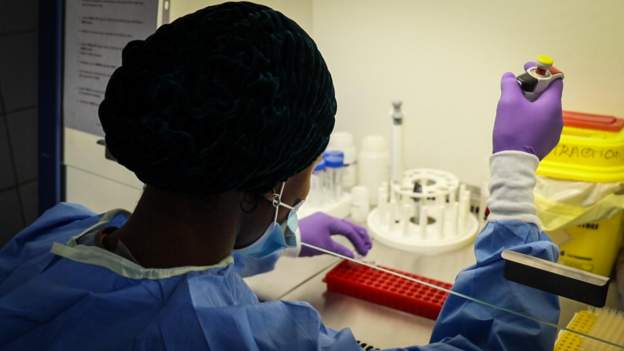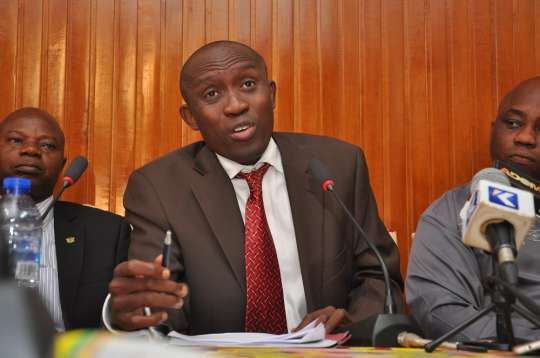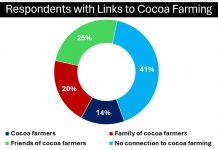With the dry weather setting in from January, residents in northern Ghana are at heightened risk of seasonal Cerebrospinal Meningitis (CSM) outbreaks.
Dr. Franklyn Asiedu-Bekoe, Director of Public Health at the Ghana Health Service (GHS), has confirmed that the service is on high alert for any potential outbreaks of the disease.
He advised the public to stay hydrated and maintain proper body moisture during the dry season to help reduce the risk of CSM. “The general public is encouraged to drink plenty of water and stay hydrated as the country remains vulnerable to seasonal cerebrospinal meningitis outbreaks starting this month,” he emphasized.

Meningitis, a severe infection of the brain and spinal cord membranes, is a major public health concern globally and tends to spike during the dry season in susceptible areas. In Ghana, CSM continues to be a public health challenge, with up to 10% mortality in confirmed cases each year.”
The northern parts of the country fall within the meningitis belt, placing residents at high risk of contracting the infection. And health officials are on the alert.
‘‘So, there are parts of Ghana that lie within the belt. So, when you have very dry weather, and then you have high temperatures, you are prone to get meningitis. So, we are monitoring. We have what we call the weekly charts that we are monitoring. So far, we have not crossed any threshold in any of these regions, and we are still monitoring what I think is good- normally January, February, and March. But we are still monitoring it,” Dr Asiedu-Bekoe explained.

He noted that children and the elderly, with weaker immune systems, are the most affected groups and encouraged all to stay safe.
“Just make sure that you’re drinking a lot of water, make sure that you’re applying a lot of cream. And then we’re applying a lot of moisturizers on your skin to prevent dryness on the skin,” he added.
According to the World Health Organization (WHO), meningitis affects approximately 1.2 million people worldwide each year, resulting in 135,000 deaths and vaccination remains the most effective way to prevent meningitis.
























































![[FREE FREE MONEY] Predict and Win a Guaranteed GH¢200 From Us EVERY WEEK](https://wordpress.ghanatalksradio.com/wp-content/uploads/2022/02/Predict-and-Win-Final-09-03-2021-218x150.jpg)
![[Predict & Win – 8th/Oct.] WIN A Guaranteed ¢200 From Us This Week](https://wordpress.ghanatalksradio.com/wp-content/uploads/2021/10/maxresdefault-16-218x150.jpg)
![[Predict & Win – 2nd] WIN A Guaranteed ¢200 From Us This Week](https://wordpress.ghanatalksradio.com/wp-content/uploads/2021/09/maxresdefault-50-218x150.jpg)
![[Predict & Win – 25th] WIN A Guaranteed ¢200 From Us This Week](https://wordpress.ghanatalksradio.com/wp-content/uploads/2021/09/maxresdefault-36-218x150.jpg)
![[Predict & Win – 18th] WIN A Guaranteed ¢200 From Us This Week](https://wordpress.ghanatalksradio.com/wp-content/uploads/2021/09/maxresdefault-23-218x150.jpg)









![[National cathedral] See full list of churches that have contributed since 2018](https://wordpress.ghanatalksradio.com/wp-content/uploads/2020/09/Ghana-National-Cathedral-GhanaTalksRadio-100x70.jpg)



